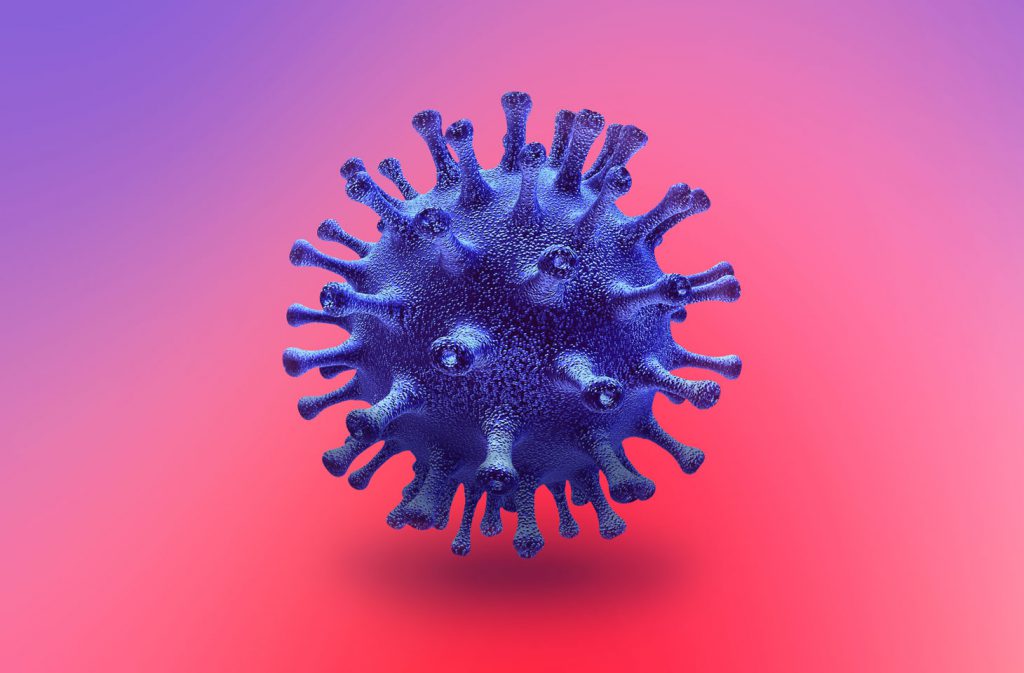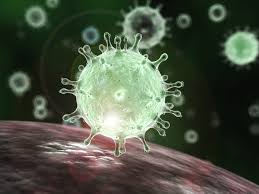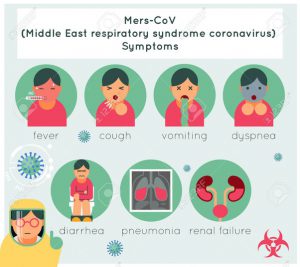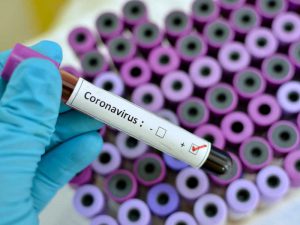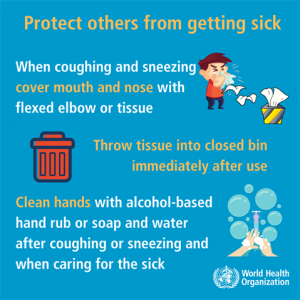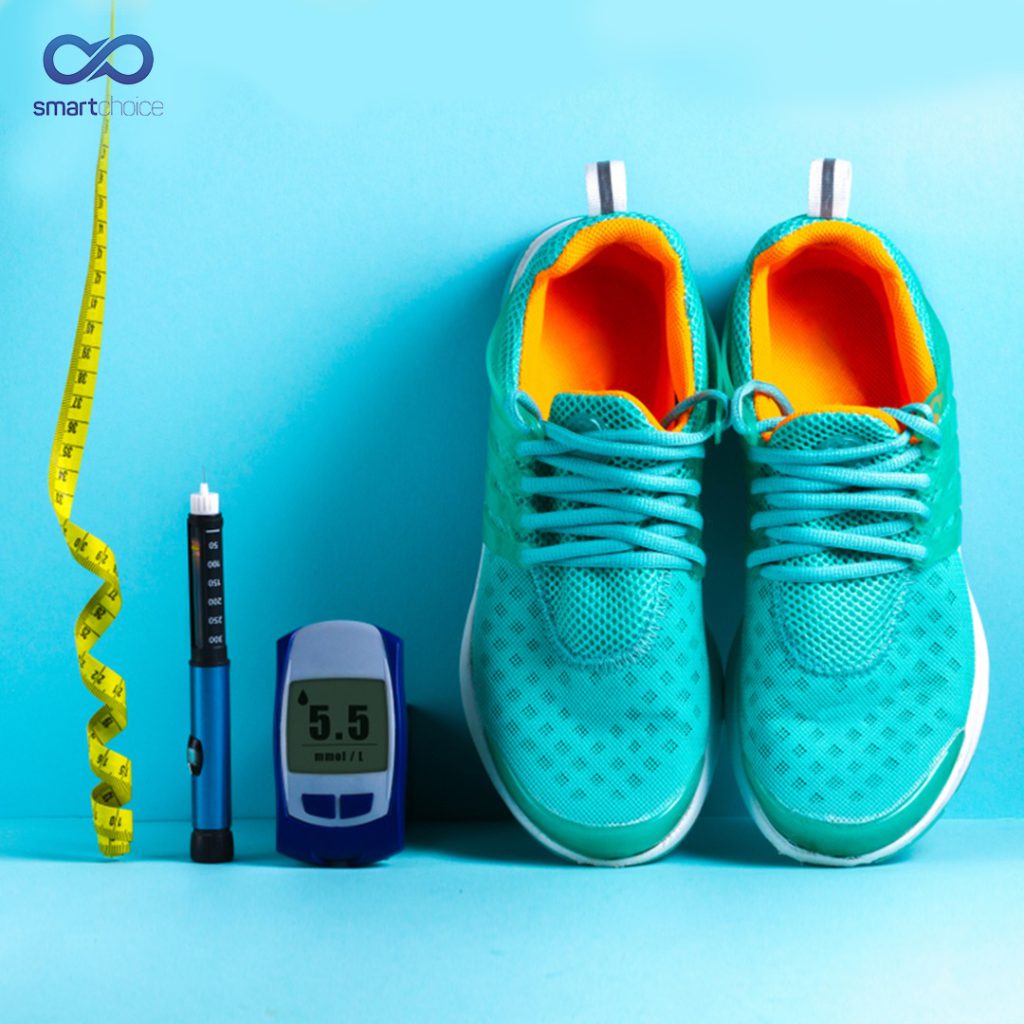There are new cluster and cases of viral pneumonia cases instigating in Wuhan, China, marks the third time in 20 years that a fellow of the large family of coronaviruses (CoVs) has soared from animals to human beings and sparked an outbreak. In a new JAMA Viewpoint essay, Anthony S. Fauci, M.D., director of the NIH’s National Institute of Allergy and Infectious Diseases (NIAID), looks back at two earlier novel CoV outbreaks that initially caused global havoc. (Source)
There are certain steps needed to contain the current coronavirus outbreak in china and other countries in the region.
According to Dr Fauci and his co-authors, Hilary D. Marston, M.D., M.P.H., of NIAID, and Catharine I. Paules, M.D., of Penn State University College of Medicine, note that human CoVs historically have been regarded as relatively benign causes of the common cold. In 2002, however, a novel, highly pathogenic and dangerous CoV emerged in China that caused 8,098 recorded cases of the severe acute respiratory syndrome (SARS), something related to present coronavirus including 774 deaths, and overall cost the global economy billions of dollars. Classic and extra-ordinary public health measures brought the outbreak to an end. (Source)
The latest CoV to emerge is the 2019 novel coronavirus (2019-nCoV) has been recognized by Chinese authorities in Wuhan on December 31, 2019. It has spread beyond and around Wuhan to other Chinese cities travelled to multiple countries, including at least one confirmed case in the United States. Medical experts and practitioners say that “the trajectory of this outbreak is impossible to predict, an effective response requires prompt action from the standpoint of classic public health strategies to the timely development and implementation of effective countermeasures.”
How CORONAVIRUS does get its name?
A coronavirus gets its name from the way it looks under a microscope. The word corona means “crown,” and when examined closely, the round virus has a “crown” of proteins called peplomers jutting out from its centre in every direction. These proteins help the virus identify whether it can infect its host. The condition known as a severe acute respiratory syndrome (SARS) that emerged, in the same manner, was also linked to a highly infectious coronavirus back in the early 2000s. The SARS virus has since been contained and found to be successfully treatable.
What are the symptoms?
Doctors and medical researchers are learning new things about this virus every day. So far we know that COVID-19 may not initially cause/show any symptoms. A carrier may carry the virus for two days or up to two weeks before ant warrant/signs of the aforementioned virus may appear.
Some common symptoms that have been specifically linked to the 2019 novel coronavirus include:
• feeling short of breath
• having a cough that gets more severe over time
• a low-grade fever that gradually increases in temperature
• The full list of symptoms is still being investigated. (Source)
When to seek help?
If you experience any of the symptoms above and have travelled to China in the past thirty days since December, or have been in close contact with someone with confirmed COVID-19 within the last 14 days, call your doctor right away, set up and appointment and get it thoroughly checked.
COVID-19 versus the benign flu
The symptoms of COVID-19 are similar to that of influenza (flu) virus. The flu virus is much more common and much more deadly than the 2019 coronavirus. At least 6.8 per cent of people who developed the flu during the 2019–2020 flu season in the United States have died (as of February 2020), compared to around 2 per cent of those diagnosed with the 2019 coronavirus.
But the normal flu in other parts of the world is also manageable in a way that after a few days of the flu cycle it gets better and it’s not as contagious as the novel coronavirus.
Here are some common symptoms of a flu infection:
• cough
• runny or stuffy nose
• sneezing
• sore throat
• fever
• headache
• fatigue
• chills
• body aches
What causes coronaviruses?
Coronaviruses are zoonotic. This means they first develop in animals and fast spread in animals before developing and spreading in humans. For the virus to pass from animal to humans, a person has to come into close contact with an animal that carries the said infection. Once the virus develops in the general public, coronaviruses can be spread from person to person through respiratory droplets (through cough and sneezing).
Respiratory droplets are a technical name for the wet stuff that moves through the air when you cough or sneeze. The viral material hangs out in these droplets and can be breathed into the respiratory tract (your windpipe and lungs), where the virus can then cause an infection. The 2019 coronavirus could not be linked definitively to a specific animal. But researchers and medical experts believe that the virus may have been passed from bats to other animals either snakes or pangolins and from them transmitted to humans. It is also considered and assumed that this transmission most likely occurred in the open food market in Wuhan, China.
Who’s at increased risk?
You’re at high risk for developing this virus if you come into direct contact with someone who’s carrying it, especially if you’ve been exposed to their saliva/dribble or been near them when they’ve coughed or sneezed. Washing your hands time and again and disinfecting surfaces can help decrease your risk for catching this or other viruses. Older men especially are more susceptible to the virus. A report by the World Health Organization (WHO) found that the average age of people testing positive for this coronavirus was around 45 years and that over two-thirds of people infected have been male.
How are coronaviruses diagnosed?
The 2019 coronavirus can be diagnosed in the same way as other viral infections: using a blood, saliva, or tissue sample. A lab expert/technician will either draw a sample of your blood with a needle or use a cotton swab to take a small sample of saliva or respiratory secretions from your nose or the back of your throat. The sample is then sent to a testing facility to confirm the presence of viral material or antibodies that respond to the virus to stop it from further spreading it in your body and you are placed in quarantine so that it doesn’t spread to other humans.
What treatments are available?
There’s currently no proper treatment available which is specifically approved for the 2019 coronavirus, and no 100% cure for an infection, although treatments and vaccines are currently under study. One issue that arises while finding the cure that this virus mutates whomever it is passed too Instead, treatment focuses on managing symptoms as the virus runs its course. Seek immediate medical help if you think you have COVID-19. Your doctor will recommend treatment for any symptoms or complications that develop. Other coronaviruses like SARS and MERS do have vaccines and treatments. Some treatments for these similar viruses include:
• antiviral or retroviral medications
• breathing support like mechanical ventilation
• steroids to reduce lung swelling
• blood plasma transfusions (Source)
What are the possible complications from COVID-19?
The most serious complication of COVID-19 is a type of pneumonia that’s been called 2019 novel coronavirus-infected pneumonia (NCIP). Results from a 2020 study of 138 people admitted into hospitals in Wuhan, China with NCIP found that 26 per cent of those admitted had severe cases and needed to be treated in the intensive care unit (ICU). About 4.3 per cent of these people who were admitted to the ICU died from this type of pneumonia.
Researchers and medical experts have seen the following difficulties in people who have developed a coronavirus:
• acute respiratory distress syndrome (ARDS)
• irregular heartbeat (arrhythmia)
• cardiovascular shock
• severe muscle pain (myalgia)
• fatigue
• heart damage or heart attack (Source)
How to prevent coronaviruses from occurring
The best way to prevent the spread of this virus is to avoid or limit contact with people who are showing symptoms of the virus and have travelled to China in the past 30 days. Also, avoid poultry or any such animal through which transmission stands an active chance. The next best thing you can do is practice good hygiene to prevent bacteria and viruses from spreading.
Few of the precautionary measures include:
• Wash your hands frequently for at least 20 seconds at a time with warm water and soap.
• Don’t touch your face, eyes, nose, or mouth when your hands are dirty.
• Don’t go out if you’re feeling sick or have any cold or flu symptoms.
• Cover your mouth with the inside of your elbow whenever you sneeze or cough. Throw away any tissues you use to blow your nose or sneeze right away.
• Keep any objects you touch a lot cleaner. Use disinfectants on objects like phones, computers, utensils, dishware, and door handles. (Source)
COVID-19 vs. SARS
This isn’t the first time a coronavirus has made news — the deadly 2003 SARS outbreak was also caused by a coronavirus As with the 2019 virus, the SARS virus was first found in animals before it spread to humans. The SARS virus is thought to have come from bats and then was transferred to another animal, and then to humans. Once transmitted to humans, the SARS virus began spreading quickly among people. What makes COVID-19 so newsworthy is that a treatment or cure hasn’t yet been developed to help prevent its rapid spread from person to person. SARS has been successfully contained and treated. (Source)
What should be the Attitude?
First and foremost, the thing to remember is that don’t panic. You don’t need to wear a mask or be quarantined unless you’ve been diagnosed with this coronavirus. Following simple hygiene guidelines that have already been mentioned may help prevent you from developing this and other viruses. The 2019 coronavirus probably seems very scary when you read the news about new deaths, quarantines, and travel bans to and from China and people being there, especially the Pakistani students who have been stranded there due to the haphazard situation prevailing in neighbouring China and Pakistan.
But in context, the coronavirus is much less severe and widespread than more common and more threatening infectious conditions, like the flu. Stay calm and follow your doctor’s instructions if and when you’re diagnosed with a coronavirus infection so that you can recover and help prevent it from spreading by taking the due care and precautions so it doesn’t affect many individuals around you.
Health cover
A proper and a balanced health cover as per yourself and your family needs are supremely important as it allows you to be completely covered in case of emergencies like the epidemic of CORONAVIRUS as it protects you financially, it covers all the risks and also covers pre-and-post hospitalization expenses.
A health cover also ensures that you get access to best possible medical and health facilities, for instance, Jubilee General Insurance can be acquired by families by logging on to Smartchoice.pk which offers multiples plans based on varying premiums and coverage and your family status (individual, Family, Parents etc.)
Through smartchoice.pk health insurance can be acquired digitally in few simple steps, hassle-free at the comfort of your home, just fill in some details and the policy shall be emailed to you instantly as soon as the payment is received.
SO, Just Login-Compare the best options for you and KHAREED LO!

